If you treat your kettle gently, you probably treat yourself with similar kindness. In fact, by handling things with ease, you are being easy with yourself. But if you bang your fist against a tap that isn’t working, whose fist are you banging? Whose kettle are you breaking? Just noticing the light switch for a moment, you are acknowledging yourself, that you are here.
We evolved in interaction with our environment, subject to the laws of physics, gravity for example, and with the textures of the earth and the food it produces, all in relation to the pressure of the air around us. We are beings inseparable from the life around us. Imagine living under the sea, how different we would be shaped, how strange our movements, how alien our breathing. So, when we forget this connection, and try to live inviolably, impervious to the rooms and things around us, we are effectively trying to avoid that relationship between us and all the things that we interact with every day. Perhaps no-one actually “tries” to do this, but it is the inevitable consequence of switching off from the day-to-day life around us.
When we live “in our heads”, daydream, narrow with single-pointed focus to the things that we are doing, rush, or impatiently pay attention only to achieving our goals. When we never look around us, never look up, forget the view, or roughly handle the things around us, we are fighting with ourselves, acting contrary to our nature, as if to deny our present reality by cutting ourselves off, and living that unreal existence that denial involves, literally holding ourselves away from interaction. Of course, there is no getting away, we are still in relation to the world around us, because our state is interaction, it’s just not a very nice relationship, not kind, not helpful to us.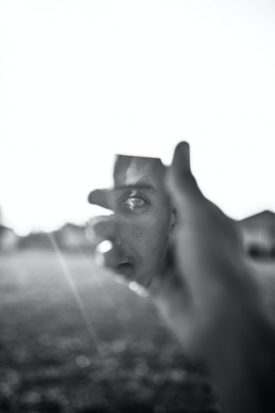
Alexander taught the value of consciously directing ourselves against those harmful habits of which we are unaware. And for me the best directions are those that help bring us back into relationship with our world – yes, a world that includes ourselves – to acknowledge and live in the reality of our interactions.
A simple direction could be to ask yourself “where am I?”, while looking around to acknowledge where you are, the space and things around you. We can use our surroundings to re-establish a benevolent connection with ourselves. When we do, life gets easier, simpler, and more efficient.
In fact, if you practice noticing how you are with the things and people in your life, you will learn a lot about how you are with yourself. So, practice noticing your responses. Notice if you are angry, rough, rushed, or impatient with things or people. This is the essence of living with Alexander: making such experiments of being aware. Just notice how you are and be open to change, without the effort of directly making the change – this for me is Alexander on steroids.
The world is a mirror – it reflects us back at ourselves! If we can just remember to be in relationship, to be open to the conversation of being that life entails, we will live a richer, kinder, more responsive, and happy life.
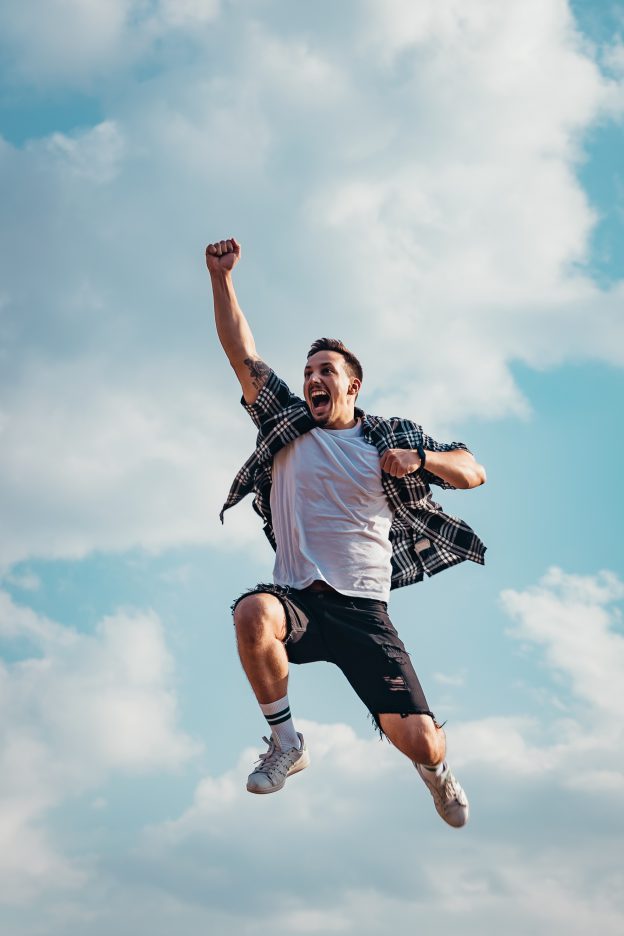
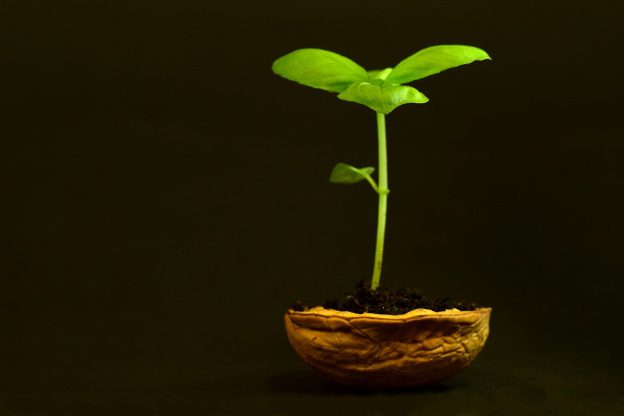

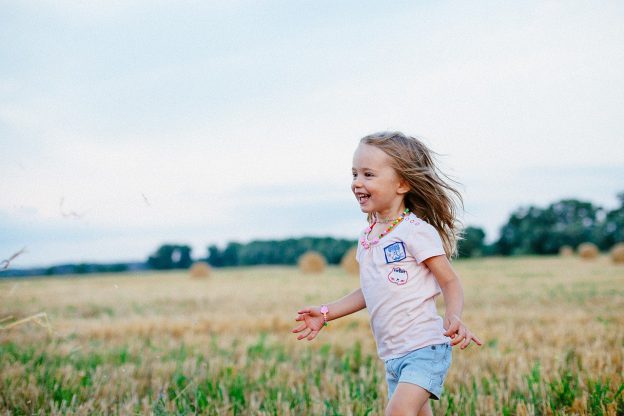
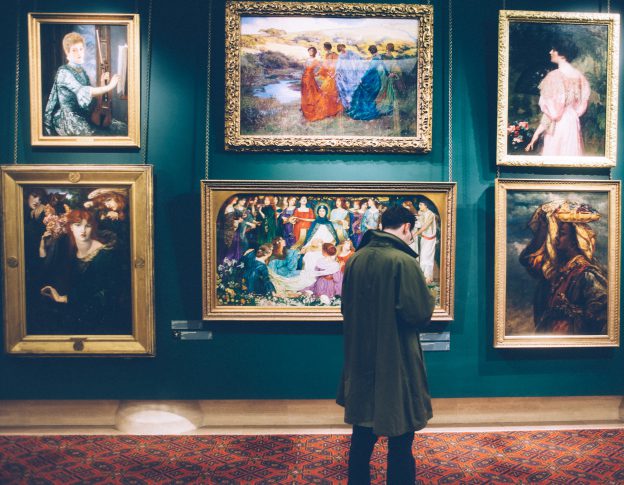
 I have new neighbours, and I know when they are there, from the time they unlock the door with a grunt, a sigh and a tumble inside. They are especially noisy on the weekends. They park on the pavement, leave their door open while they smoke out in the yard, continue chatting from outside to anyone still inside, and play music that gets louder as the Sunday afternoon wears on. They seem to knock and damage things quite a bit, and generally stomp about.
I have new neighbours, and I know when they are there, from the time they unlock the door with a grunt, a sigh and a tumble inside. They are especially noisy on the weekends. They park on the pavement, leave their door open while they smoke out in the yard, continue chatting from outside to anyone still inside, and play music that gets louder as the Sunday afternoon wears on. They seem to knock and damage things quite a bit, and generally stomp about.